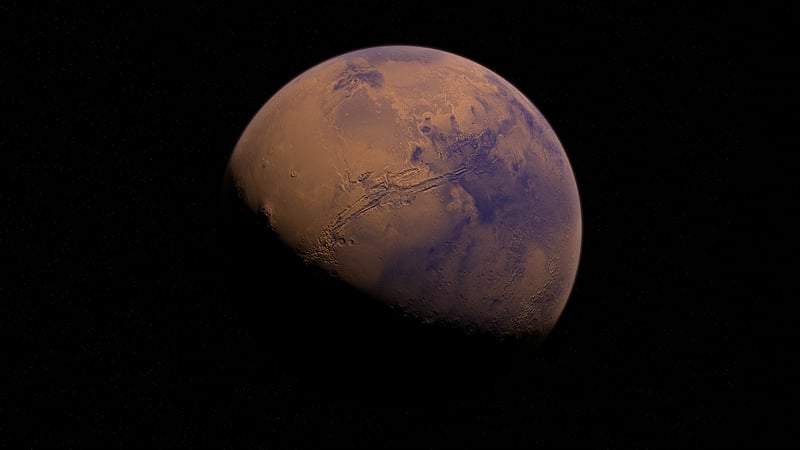Space Colonies
Exploring Popular Time Zones in Space Colonies

Space exploration has always captivated the human imagination. As we plan for potential space colonies in the future, one crucial aspect to consider is timekeeping. Let's delve into how popular time zones on Earth might translate to space habitats.
1. Greenwich Mean Time (GMT)
GMT, located in Greenwich, London, is a widely recognized time zone reference on Earth. In space colonies, GMT could serve as a universal time standard to synchronize activities across different habitats.
2. Eastern Standard Time (EST)
For space colonies positioned in a similar alignment to the Eastern United States, adopting EST could provide a sense of familiarity for inhabitants. It could also facilitate communication with Earth-based missions.
3. Coordinated Universal Time (UTC)
UTC, also known as Zulu time, is used in aviation and military operations for its clarity. Space colonies might opt for UTC to streamline operations and ensure seamless coordination during inter-colony activities.
4. Mars Standard Time (MST)
As we envision establishing colonies on Mars, a unique time zone like MST could be devised to align with the planet's sols (days). This adaptation would sync colonists' schedules with the Martian environment.
5. Lunar Standard Time (LST)
On the Moon, where days and nights last approximately 14 Earth days each, creating a time zone like LST could simplify lunar operations and aid in managing resources effectively based on the lunar day-night cycle.
While these are just a few examples, designing time zones for space colonies involves careful planning to ensure operational efficiency, synchronization with Earth-based missions, and promoting the well-being of colonists in the extraterrestrial environment.
Embracing diverse time zones in space colonies not only reflects our terrestrial roots but also highlights our adaptability and innovation as we extend our presence beyond Earth.
For more fascinating insights on space exploration and futuristic concepts, stay tuned for our upcoming articles!
